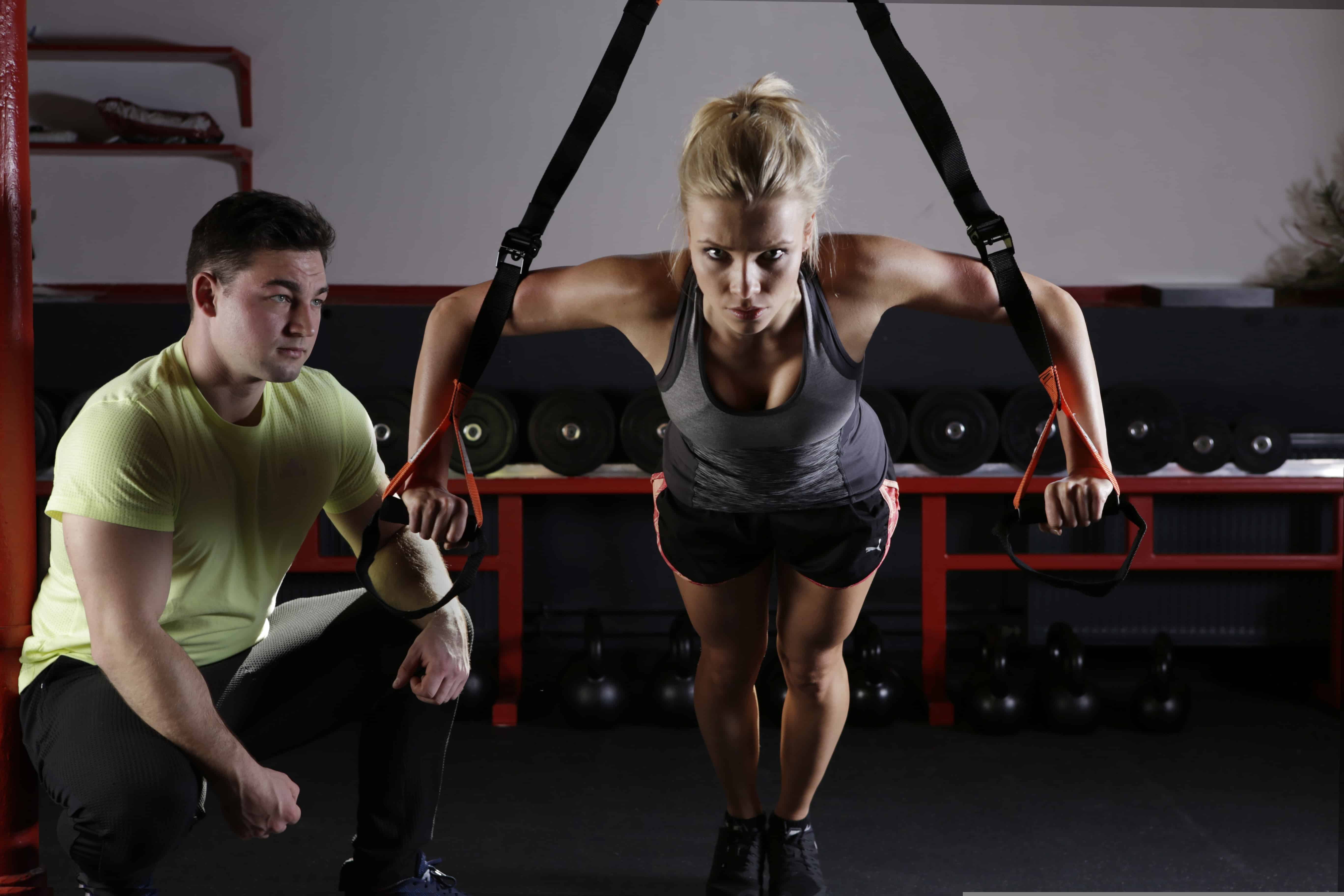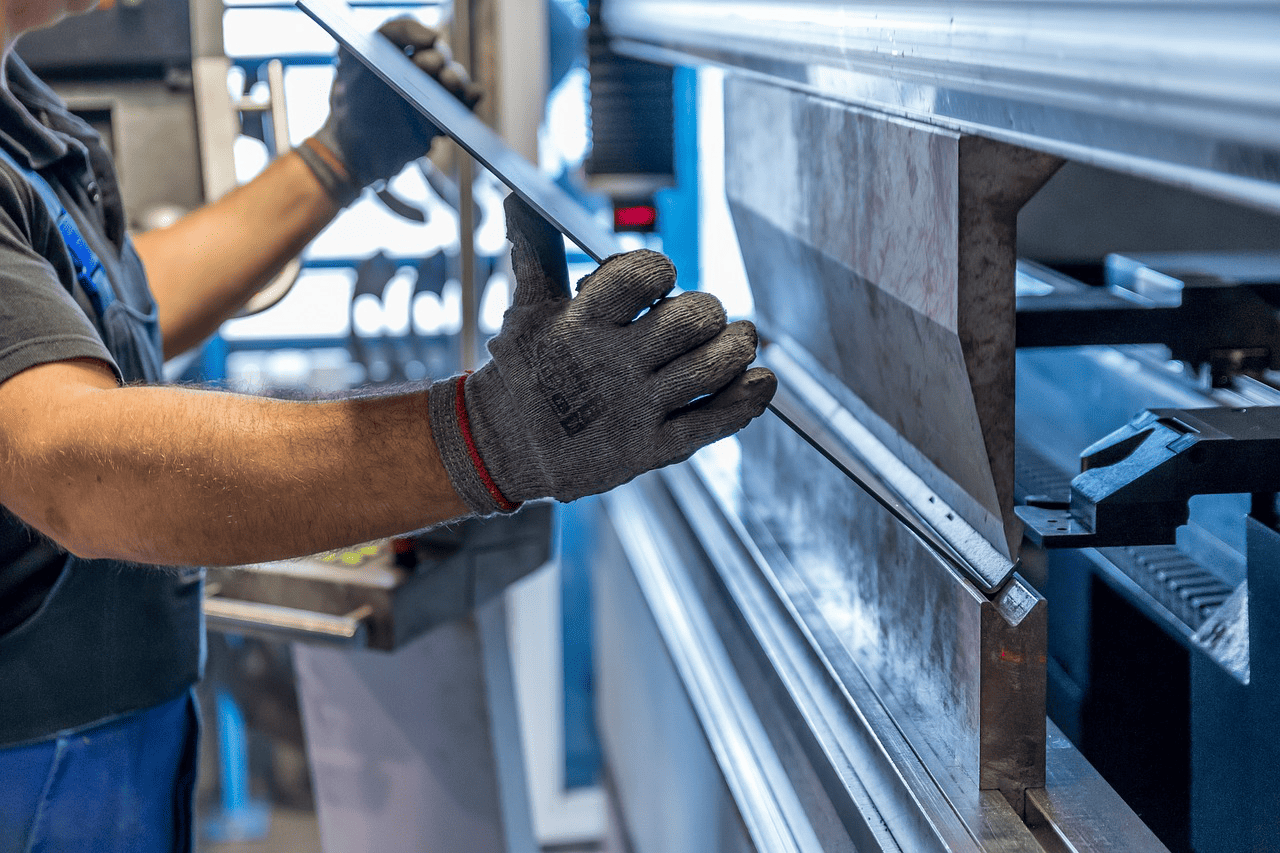
About EcoSafe
- Founders: Arnold Dohr, Alexander Pretsch
- Founded in: 2022
- Employees: 0
- Money raised: The project is in proof-of-concept phase
- Ultimate goal: Obtaining bee-compatible pesticides from insect-pathogenic fungi
This start-up is developing an alternative to synthetic chemical pesticides, which often have toxic side effects. In addition, other prospects are opening up for the use of these active ingredients against pests in the veterinary and human sectors.
Biologist Dr. Arnold Dohr worked for 30 years in the pharmaceutical industry in the regulatory area – a well-paid job that he actually wanted to continue in retirement on a self-employed basis in consulting. But things were to turn out differently. A patent attorney encouraged him to continue a research project he had started early in his career. At the time, he was working in a biotechnology laboratory, and he and his colleagues were themselves surprised when an active ingredient worked against the varroa mite but was tolerated by bees. So-called insect-pathogenic fungi have been used for decades as a biological means of controlling various pests in agriculture, but spore preparations are used for this purpose. The solution developed by Arnold Dohr in his start-up EcoSafe, however, is based on specific metabolic processes of fungi.
In this episode of the Start-up-of-the-Day series, the founder talks about his innovation and the challenges of starting up a company.
Where did the idea for your start-up come from?
Thirty years ago, environmental awareness was nowhere near as pronounced as it is today, and the environment for biological research was correspondingly difficult. That’s why I moved into industry, where I was responsible for the approval of biotechnological drugs in Europe and worldwide. After my retirement, the problem of the varroa mite was still topical and it was obvious to resume research on the project. To apply for funding, we had to deliver a study with new data. After a year, we had succeeded in optimizing the process even further and were able to successfully conclude the research. Since the substance acts on the varroa mite but not on the bee, it was obvious that it could also be effective against other pests, so we wanted to continue our research.
Once we had the funding commitment, we immediately incorporated and formed a team. My co-founder is Dr. Alexander Pretsch, a lecturer and expert in medicinal chemistry and drug optimization, who already founded the Oxford Antibiotic Group. With his CSO, Dr. Miroslav Genov, we were also able to recruit an expert who has already successfully led chemical synthesis and medicinal chemistry for various drug development programs. Together, we are now doing further research to open up new perspectives for crop protection products that are compatible with bees and eliminate pests.
What problem are you solving and why is it important?
Highly effective chemical-synthetic active ingredients are coming under increasing criticism because of their toxic side effects. Their use is increasingly being restricted or even banned by the authorities. Recently, the problem has become even more acute: even emergency approvals for seasonal use are becoming increasingly difficult. As a result, farmers often lack effective and affordable alternatives to protect their crops, and this creates major problems for them.
What motivates us is the goal of finding a possible way out of this situation through the active ingredients researched by EcoSafe. We have succeeded in stimulating insect-pathogenic fungi to produce biologically active secondary metabolites through a special fermentation method. From this, we will develop an effective and affordable alternative to synthetic chemical agents for controlling pests. Other prospects are also opening up for the application of these active substances against pests in the veterinary and human sectors.

What was the biggest obstacle you had to overcome?
The most difficult thing was passing the application process to obtain funding from the Austria Wirtschaftsservice. The application process meant a year of very hard work. Only about 20 percent of the projects submitted were successful. It was very difficult to get a funding commitment. But I never thought about giving up.
What have been the best moments so far?
Probably the most beautiful moment was observing the selective effect of the active culture media on bees and varroa mites. We are proud that this strong effect against varroa mites with excellent bee compatibility has now been confirmed by an independent research institute and promising efficacy has also been shown against other pests, such as aphids, spider mites, rice bugs, and bark beetles.
What are the conditions like at your site?
For the initial phase, the location at the ecoplus research center of the state of Lower Austria in Tulln on the Danube is quite ideal. There are also good conditions here for a later production site.
Does that mean you could produce the product locally?
Yes, the research should be in Austria – and, if possible, the production as well. Large-scale production could be done on a European level. For example, this could be done by a large corporation that already has the necessary production and distribution capabilities.
What would production look like?
We stimulate insect-pathogenic fungi to form biologically active secondary metabolites using a special fermentation method. TFor large-scale production, we would have to scale up the fermentation. Studies are still needed to find out if this is possible. Research is being done in parallel to isolate and identify the active ingredients to see if they can be produced chemically-synthetically. That would also be an option to go into large-scale production.
How is the active ingredient applied to control pests?
Currently, we are thinking of freeze-drying it to create a powder that can be dissolved and applied on site. Whether that then actually works is a question of formulation. Formulation work is quite lengthy, whereby the possibilities depend not least of all on the properties of the active substances.
Where would you like to be with your company in five years?
In five years, we see ourselves in the middle of the approval process. Once we have successfully completed that, we will be able to provide farmers with bee-friendly and environmentally-friendly products. These will enable them to produce healthy food while helping protect the ecosystem.
What makes your way of controlling agricultural pests better or different than existing methods?
The metabolites produced by insect-pathogenic fungi in our crops show high efficacy against various insects and mites that act as pathogens in plants, animals, and humans, but without harming bees and warm-blooded animals.
Want to read more posts about start-ups? You can find more episodes of this series here.







